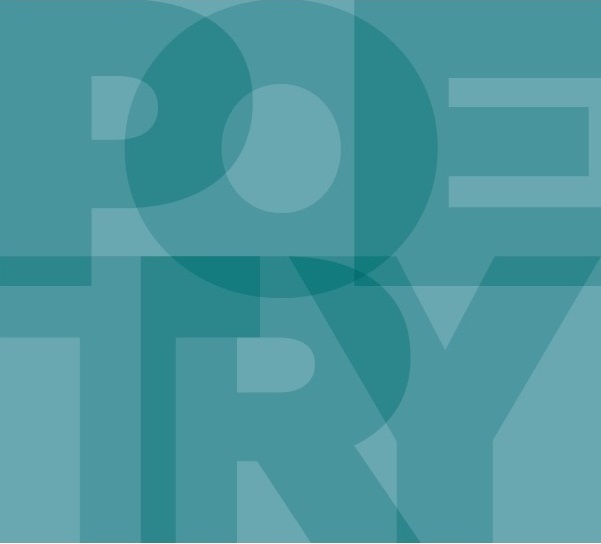Defining the Role of Poetry in Society: The Ongoing Conversation

I highly doubt regular followers of this blog need any convincing that poetry is a valuable thing—I can’t imagine you’d be reading further if you thought otherwise! However, that doesn’t mean questioning the current role of poetry in society is a pointless endeavor. At a time when only 4 percent of all arts funding in America comes from public sources, reevaluating the role of poetry (and all arts, truly) in society at large is a very relevant project both for newcomers and seasoned veterans alike. But in order to determine what poetry’s role in society is/should be, we first need to construct a working definition of what poetry is: “writing that formulates a concentrated imaginative awareness of experience in language chosen and arranged to create a specific emotional response through meaning, sound, and rhythm.”
In a time in which we are taking care to emphasize traditionally underrepresented narratives of groups of people more and more, I believe it is poetry’s ability to relay awareness of experience that cements its role in society at large. In addition to arts programs being severely underfunded, there is also a lack of diversity. For example: as of 2015 only 5% of funding for Latinx and African-American arts organizations came from individual donations. Since poetry is focused on relaying experience in a highly salient way, there is great potential for it to be utilized as a means to build empathy and bridge gaps of understanding between people who come from differing backgrounds. In this way poetry can be a vehicle for messages of social justice.
However, this is not to say the sole purpose of poetry is to serve as social commentary. In a highly thought-provoking piece, the Poetry Foundation interviewed a few poets to probe their thoughts concerning the societal role of poetry. Stephen Burt, poet and professor at Harvard University–and former Kingsley & Kate Tufts Poetry Awards judge–explains: “Compared to the writing of poetry, few other human activities take place so widely, at least in America, absent even a tacit consensus as to why we do them, what good they do, [and] what function they serve.” Poet Daisy Fried expands upon the idea: “But politically-alert poetry is no more intrinsically useful than any other poetry…the kind of poetry written to make us feel better, for example” along with poet and professor Major Jackson: “The function of poetry is that it does not have any function beyond its own construction and being-in-the-world.”
These statements hint implicitly at an idea I often hear musicians invoke when discussing their motivations for creating art: that art is truly valuable in and of itself—irrespective of any concept of role or “purpose”. The mere fact that any person moving about the world can stumble upon your art and recognize something in it that reminds them of their own humanity; this act of reciprocal aesthetic experience enriching the lives of people alone makes creating art worthwhile for many artists of varying forms. Another idea I find implicit in these statements is that, while poetry can be an effective means for bringing our attention towards and better conceptualizing injustices, it can also play a dual-role in helping us cope with such injustices.
Unfortunately, a good number of social justice issues are not able to be solved overnight, much less within a few years. In this way, the cathartic role of poetry is even more important than a social commentary one. So perhaps there is no singular role for poetry. Rather, poetry is meant to be our companion throughout every stage of societal awareness. This is evidenced through poetry’s multi-faceted ability to inspire us to action, highlight a previously unknown narrative, make us think critically, or simply to allow us to feel our humanity. In Conversations on the Craft of Poetry (1961, poet Robert Frost said, “Poetry is what is lost in translation.”
Whether a particular poem translates the human ephemeral phenomenological experience in general into words, or translates the experience of one group of people to another, one thing is for certain: poetry isn’t going away anytime soon. Like society itself, it is likely that the role of poetry will be forever-changing—adapting itself to the needs of society as poets see fit, and as the human experience necessitates. I will close with an excerpt from What the Living Do by Marie Howe:
What you finally gave up. We want the spring to come and the winter to pass. We want whoever to call or not call, a letter, a kiss—we want more and more and then more of it. But there are moments, walking, when I catch a glimpse of myself in the window glass, say, the window of the corner video store, and I’m gripped by a cherishing so deep for my own blowing hair, chapped face, and unbuttoned coat that I’m speechless: I am living. I remember you.
Truly, poetry can help remind us all we are alive.
—Michael Kemp
Share